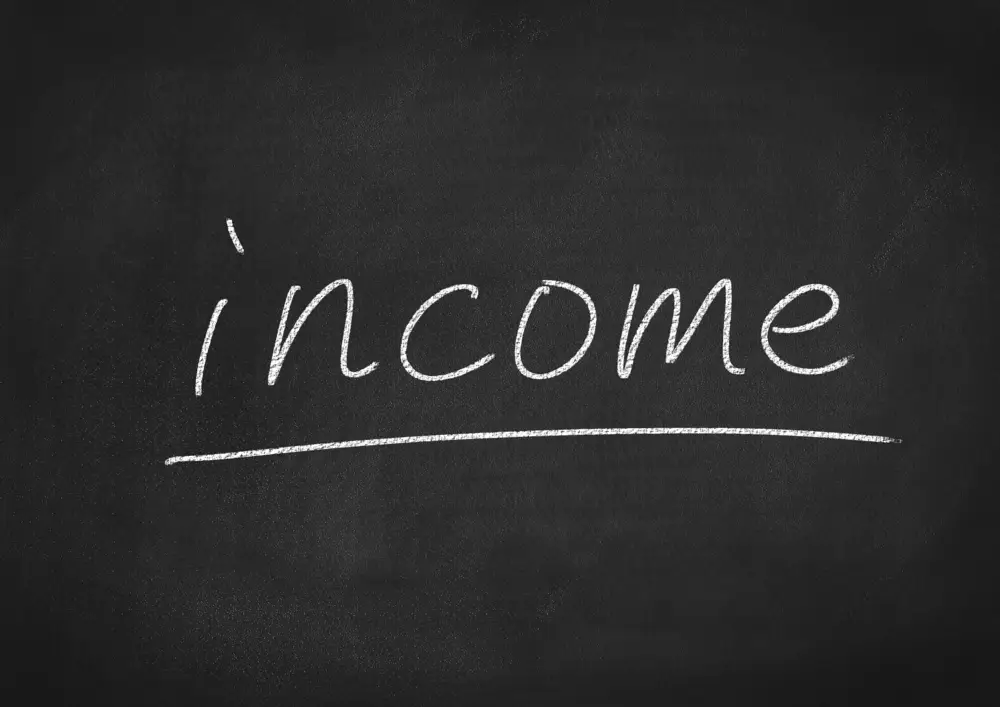Budget Journal: A Comprehensive Guide to Effective Financial Tracking
One great tool for properly handling your money is a budget notebook. It lets you orderly monitor income, expenses, savings, and financial goals. Maintaining a budget diary enables you to better grasp your spending patterns and guides your financial decisions. A budget journal offers the framework you need to achieve whether your goals are debt elimination, savings for a large purchase, or future planning.
Why You Need a Budget Journal
Understanding Your Financial Habits
A budget journal helps you identify patterns in your financial behavior. By recording income and expenses, you gain insight into where your money goes each month. Tracking spending reveals habits that may be draining your resources, like frequent dining out or impulse purchases. Recognizing these patterns is the first step toward making smarter financial choices.
Improving Financial Discipline
Budgeting fosters responsibility. Clearly defined financial goals in your notebook help you to stay motivated and focused. Recording your development helps you to remain dedicated to keep to your budget and fight temptation to overpay.
Building a Foundation for Financial Success
A well-kept financial diary guarantees that you spend within your means, therefore preventing debt build-up. By allocating money for savings, it also helps you get ready for emergencies or next investments. These methods lay a strong basis for long-term financial consistency.

How to Start a Budget Journal
Choosing the Right Format
Budget books might be digital or hard copy. Simple tactile experience and simplicity abound in physical journals like planners or notebooks. Spreadsheets and apps among digital technologies offer automatic tracking and analysis. Choose the structure that fits your taste and way of life.
Popular Tools and Templates for Budgeting
Creating a budget notebook is best accomplished with digital programs as Mint, YNAB (You Need a Budget), and Good budget. Printable templates available online might help folks who prefer pen and paper set up their work.
Setting Up Your Budget Journal
Deciding on Categories
Sort your diary into groups including income, fixed costs, variable spending, and savings. Good organization guarantees your ability to effectively track every financial aspect.
Establishing a Starting Point
Beginning with your present financial situation, To know your baseline, log all of your income sources and a thorough list of your spending.
Defining Your Financial Goals
Create long-, medium-, and short-term financial plans. While long-term objectives can center on retirement savings, short-term goals might call for creating an emergency fund. For greater clarity and inspiration, match these objectives with your budget diary.
What to Include in a Budget Journal
Income Tracking
Record all of your revenue—including your pay, freelancing earnings, and passive income. Differentiate between regular income—that of a monthly pay—from irregular income—that of bonuses or side gigs.
Expense Tracking
- Fixed Expenses: Add regularly occurring expenses such utilities, insurance, and rent. These are regular costs that show up every month.
- Variable Expenses: Track changing expenses including food out, entertainment, and grocery. Keeping an eye on them helps pinpoint places to save expenses.
- Unexpected Expenses: Record separately in your diary any sporadic expenses, such as auto repairs or medical crises, to be ready for.
Savings and Investments
Record investment performance and monthly savings account contributions. This guarantees that your financial development complements your objectives.
Debt Management
Track debt, including credit card or student loan, repayment performance. Sort your high-interest loans to ease financial load.

Tips for Maintaining a Budget Journal
Regular Updates
To guarantee accuracy, daily or weekly update your notebook. Maintaining a good budget depends mostly on consistency.
Using Visual Tools
Showing expenditure and savings trends, use graphs and charts. Many programs have built-in clarity-oriented visual aids.
Reflecting on Your Progress
Review your journal once a month to measure development. As necessary to keep on target, change your objectives and approaches.
Advantages of Using a Budget Journal
Improved Financial Awareness
A budget diary clarifies your expenditure of money. It points up areas of wasteful spending and chances for savings.
Better Decision-Making
Making financial decisions motivated by data helps to lower impulse consumption and match decisions to long-term objectives.
Achieving Financial Goals
Budgeting tips helps you stay committed to reaching goals like debt pay-off or vacation saving. Honor these successes to keep inspired.
Common Mistakes to Avoid with Budget Journals
Inconsistent Tracking
Ignoring entries could cause errors and throw off your development. Dedicated to consistent updates for good tracking.
Overcomplicating the Process
Steer clear of too detailed information that renders the task intolerable. Keep your notebook basic yet thorough.
Neglecting Emergency Funds
Write in your diary emergency savings to be ready for unplanned circumstances. Financial security depends on you building this wealth.
Real-Life Examples of Budget Journals
Success Story 1: Paying Off Debt
One person used a budget diary to track spending and rank debt on credit cards, therefore clearing $20,000.
Success Story 2: Saving for a Dream Vacation
Through monthly savings, a couple set aside $10,000 for a European trip from a designated percentage of their income.
Success Story 3: Building an Emergency Fund
Over two years, a family steadily recorded expenses and reduced unneeded costs to create a $15,000 emergency fund.
Tools and Resources for Budget Journaling
Best Apps for Budget Journals
Apps such as Mint, YNAB, and Good budget track automatically and offer spending trend analysis.
Printable Budget Journal Templates
For others who would rather have a physical journal, online providers provide free budgeting templates. These templates streamline customizing and setup.
Online Communities for Support
Join organizations and forums devoted to financial planning for guidance and inspiration. Experiences shared can inspire you to follow your plan.

Conclusion
Managing your money and reaching your objectives depend much on a budget diary. Tracking income, expenses, savings, and debt helps you to take charge of your money and guide your actions. Starting your budgeting process now will help you to enjoy better financial security.
FAQs
- What is the best format for a budget journal? Depending on your taste, choose between digital tools and actual notebooks.
- How often should I update my budget journal? Update it consistently and for accuracy either daily or weekly.
- Can a budget journal help with debt repayment? Indeed, it records development and gives great priority to high-interest debt.
- Are there free tools for creating a budget journal? Online free versions of several programs and printable templates are accessible.
- How do I stay motivated to maintain a budget journal? Clearly state your objectives, mark achievements, and often check your development.



